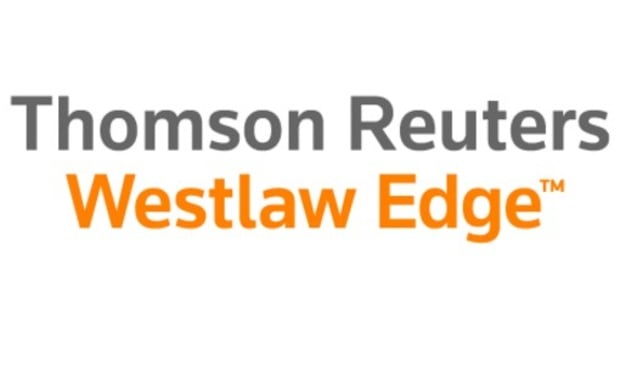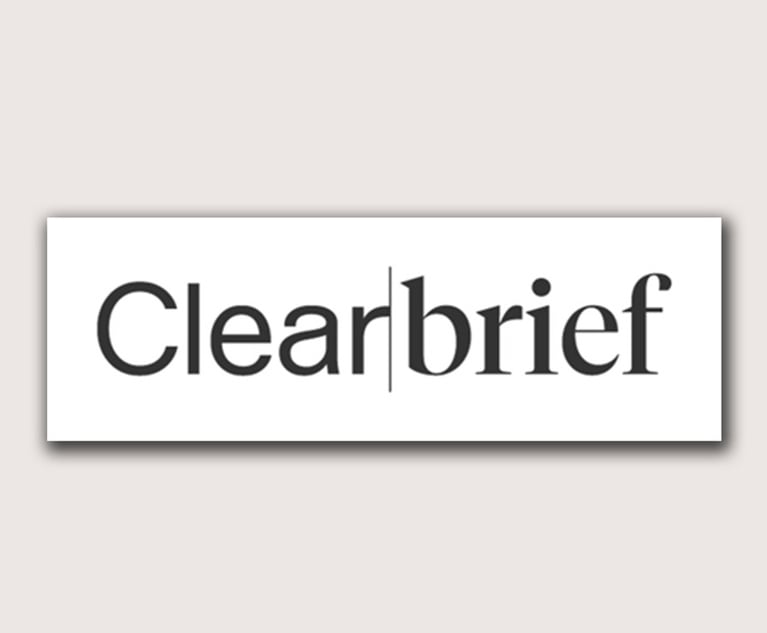Billed as its biggest Westlaw update in years, Thomson Reuters announced on July 12 the release of ‘Westlaw Edge.’ A new take on the company’s classic Westlaw engine, Westlaw Edge takes a more machine learning-based to search and analysis than years prior.
At a July 11 event announcing the offering, Thomson Reuters personnel highlighted five major components that set Westlaw Edge apart from its predecessor, Westlaw Next:
- Enhanced search capabilities, with a new algorithm (WestSearch Plus) that looks beyond terms and at metadata and case citing relationships for more responsive search and a predictive question asking system.
- Warnings for invalid or questionable law, which flags both bad, outdated law and risks for overruling, even on cases that are not directly cited by a new case that changes the law.
- A tool for statutory change analysis, allowing comparison between versions of statutes and highlighting added and deleted language, similar to Microsoft Word’s tracked changes.
- Integrated litigation analytics, which employs machine learning and the company’s stable of legal editors to break down state and federal dockets for analysis by attributes like judges, motions, attorneys and more.
- “User Experience improvements,” such as synopsis-like case backgrounds, holdings, and more.








